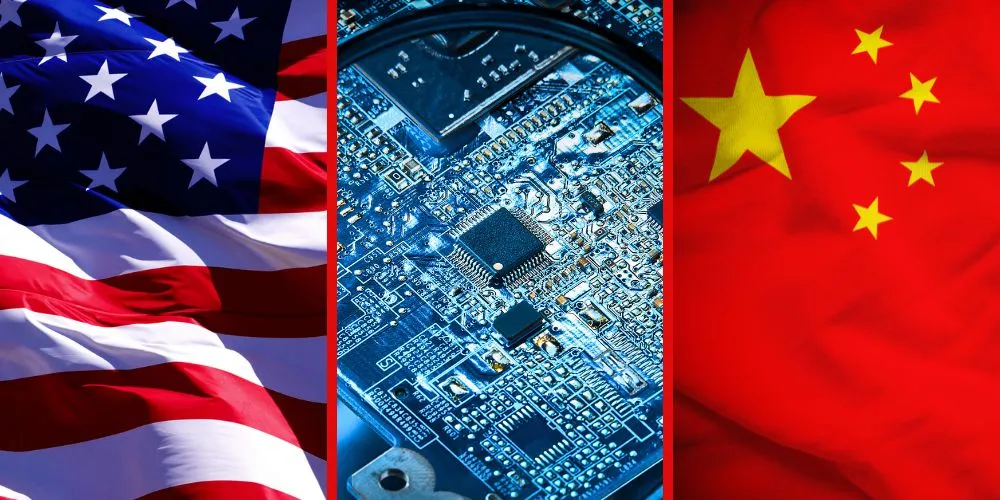Key Points:
- Chinese entities access advanced U.S. AI chips and models through cloud services like AWS, circumventing direct export restrictions.
- Reviews of tender documents reveal multiple instances where state-linked organizations sought restricted technologies via intermediaries.
- The U.S. government proposes legislation and rules to tighten control over remote access to advanced technologies through cloud services.
- AWS and other cloud service providers assert compliance with current laws and monitor potential regulatory changes.
According to recent public tender documents, Chinese State-linked organizations utilize cloud services from companies like Amazon Web Services (AWS) to access advanced U.S. chips and artificial intelligence capabilities. This approach allows them to bypass U.S. export restrictions prohibiting the direct acquisition of such high-end technology.
Over the past two years, the U.S. government has tightened controls on exporting advanced AI chips to China, aiming to limit the enhancement of Chinese military capabilities. However, these regulations do not currently extend to accessing similar technologies through cloud-based services, creating a loophole that some Chinese entities exploit.
A review of over 50 tender documents revealed that at least 11 Chinese organizations sought access to restricted U.S. technologies via cloud services, with four explicitly naming AWS as their provider. These services were often procured through intermediary companies rather than directly from AWS.
For instance, Shenzhen University allocated 200,000 yuan ($28,000) for AWS cloud servers powered by Nvidia’s restricted A100 and H100 chips. Similarly, Zhejiang Lab intended to spend 184,000 yuan on AWS services to support its large-language model, GeoGPT, citing insufficient computing power from domestic providers like Alibaba Cloud.
The U.S. government is now considering measures to close this loophole. Legislation introduced in Congress seeks to empower the Commerce Department to regulate remote access to U.S. technology. Additionally, a proposed rule would require cloud service providers to verify and report large AI model users, potentially enabling the Commerce Secretary to impose prohibitions on certain customers.
AWS has stated that it complies with all applicable U.S. laws and is monitoring developments regarding potential new regulations. Other U.S. companies like Microsoft are also implicated, with entities like Sichuan University seeking access to Microsoft’s Azure OpenAI services for AI development projects.
The situation underscores the complex interplay between technological advancement, international trade, and national security. As demand for advanced AI capabilities grows in China and globally, regulatory frameworks continue to evolve to address emerging challenges.





